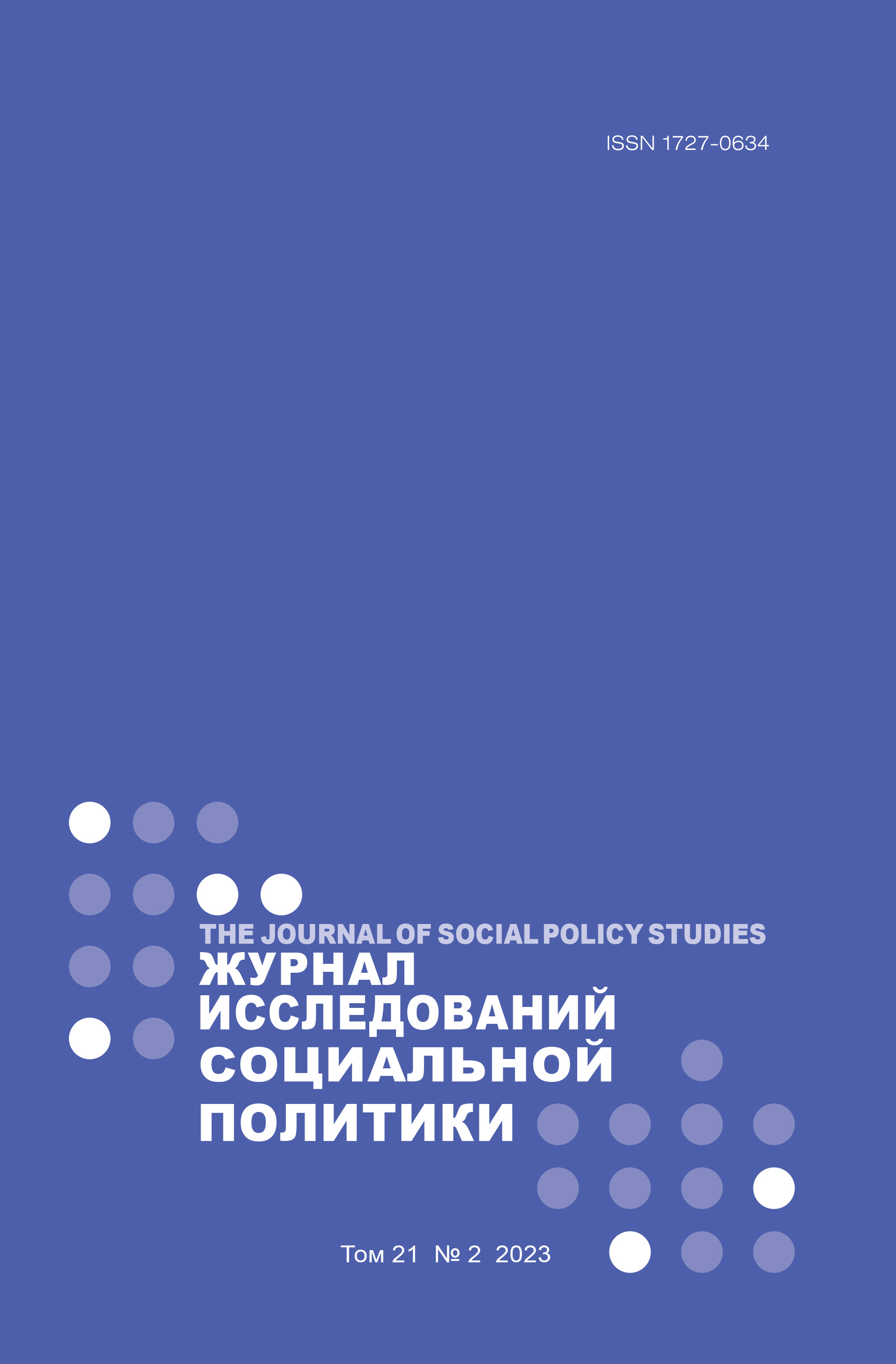The Discourse of Russian State Feminism: An Analysis of Official Documents Defining the Gender Agenda
Abstract
This article delivers an official gender agenda analysis in modern Russia. The crucial theoretical term of this study is state-feminism, which has been used by social studies since the 1980‑s to designate frame characteristics of political power towards gender equality. The research is aimed to formulate a comprehensive picture of the gender policy in Russia and indicate its vulnerable zones, which obstruct the provision of efficient support to women. To reach this aim, we use the symbolic interactionism methodology. This approach reveals specific nuances beyond political statements delivered by the official documents. The empirical part of the article is a content analysis of the scope of documents, such as the Russian National Strategy of Actions towards Women for 2017 to 2022, its plans and recommendations for the formation of regional programs and administrative mechanisms aimed to better woman’s status, as well as the Eurasian Woman Forum final decisions made in 2015, 2018, and 2021. Selected documents were generated by the departments in charge of the gender policy in Russia. The content analysis was made by the program QDA Miner. The key features of Russian state-feminism are the following: the formulation of the gender issue as a self-solvable 'woman problem,' which is articulated in terms of a 'woman question' not a 'gender issue' in the text; the diffused and indefinite character of the gender problem, which hinders the understanding of the agenda’s gender orientation; and the conflict between Russian and global understanding of aims of the state-feminism, where the former appeals to ideas of naturalization and biological origin of woman status, and the latter calls on destroying the gender hierarchy based on opposition to biological determination.















